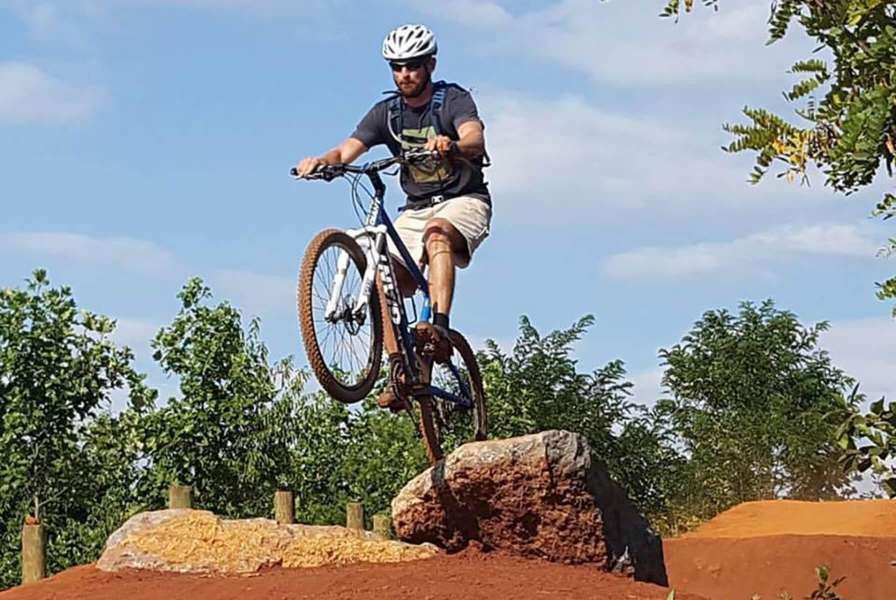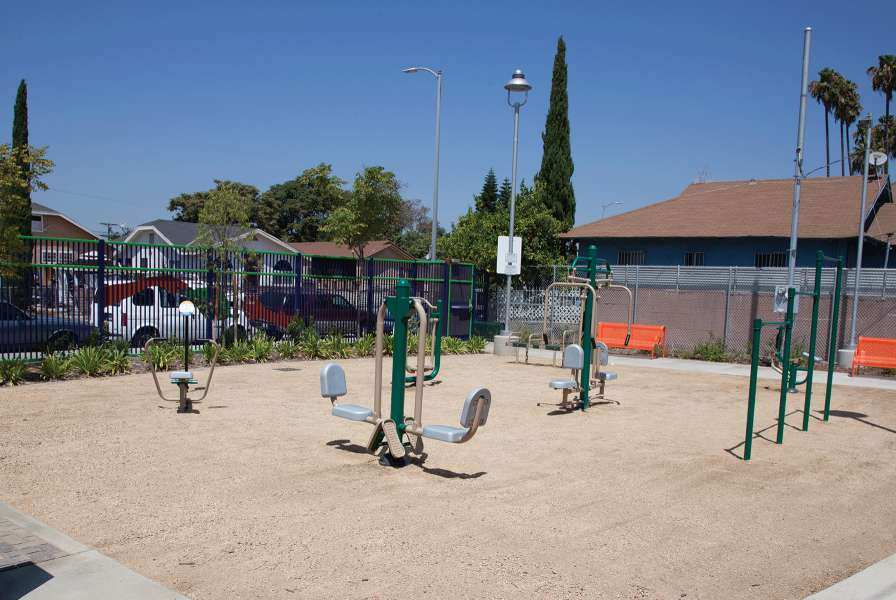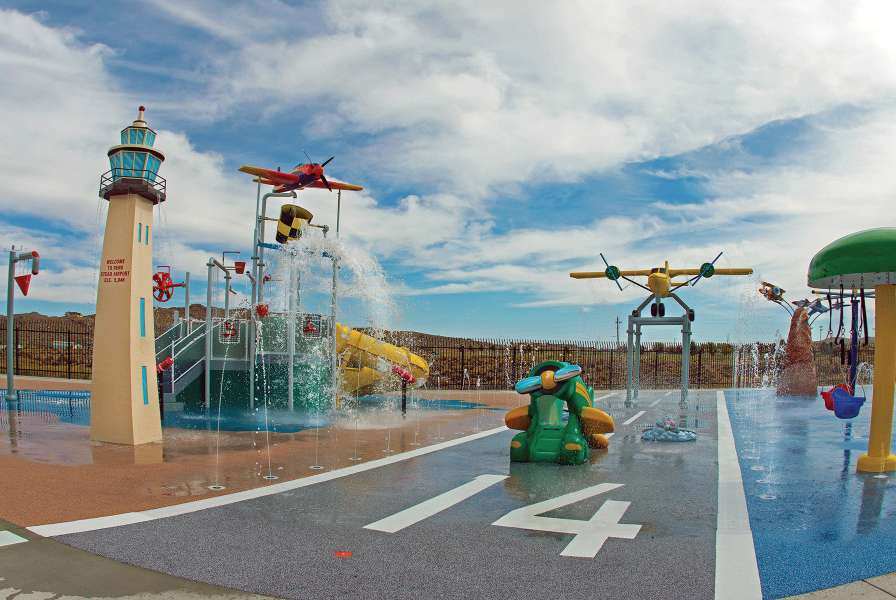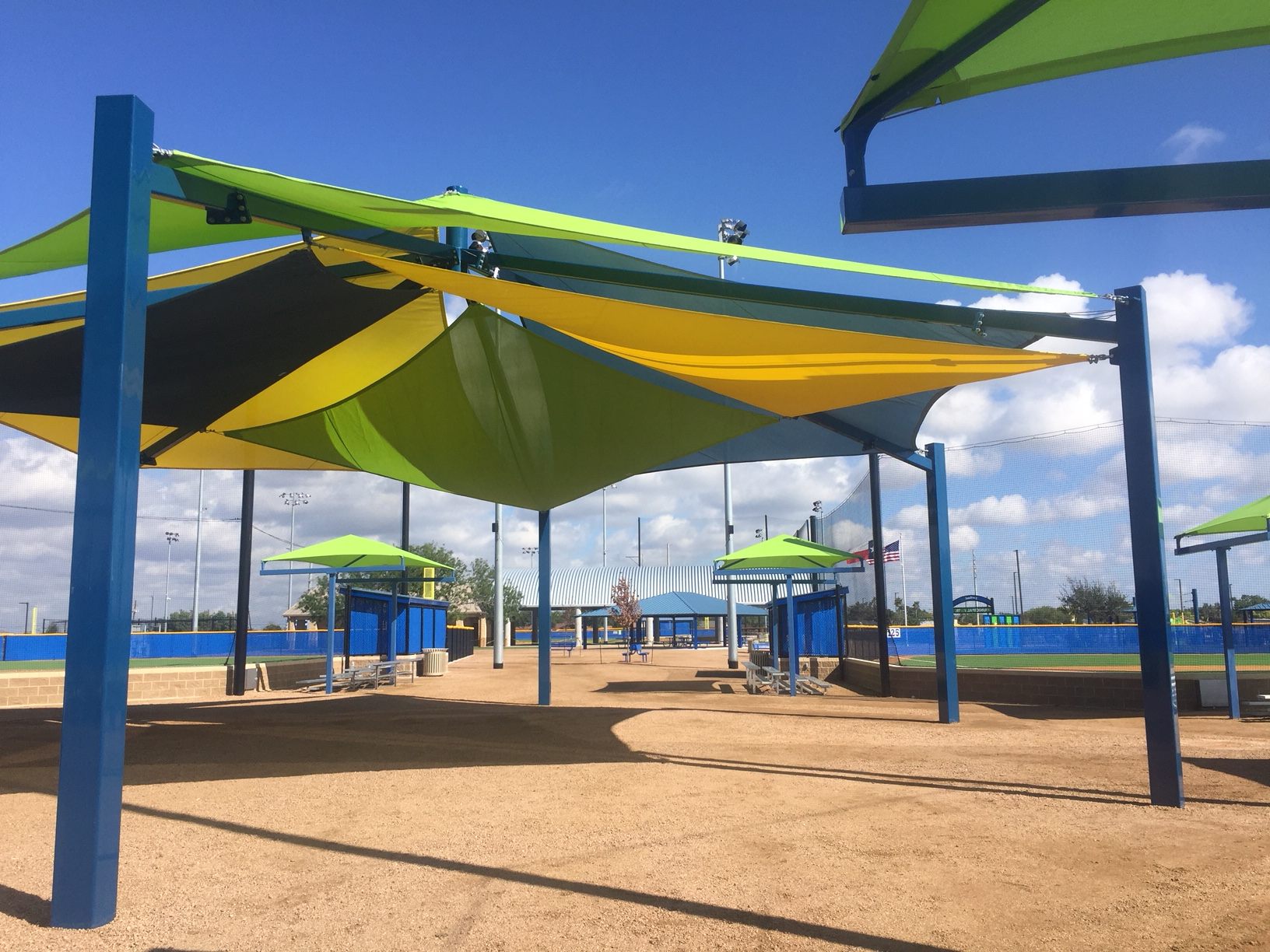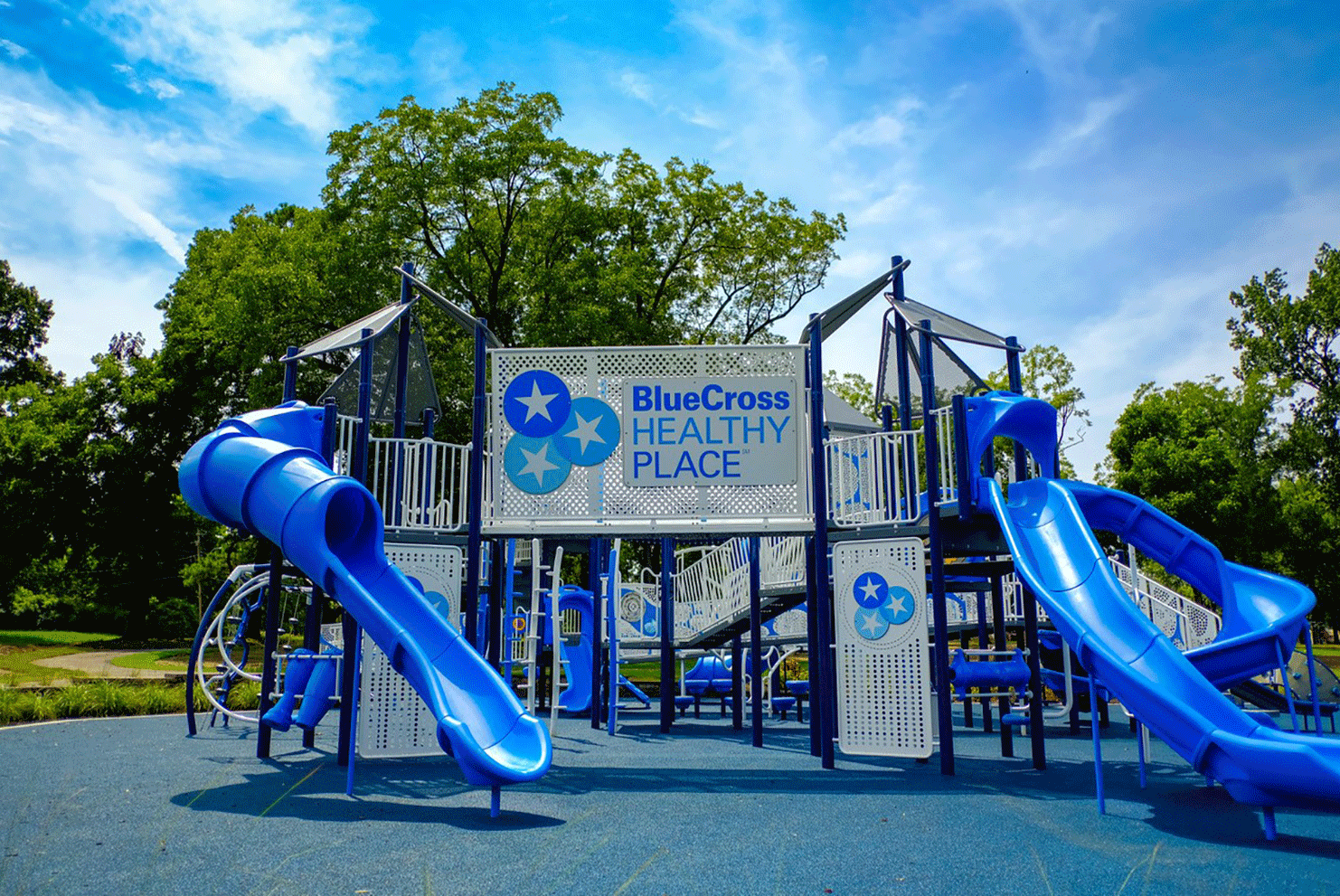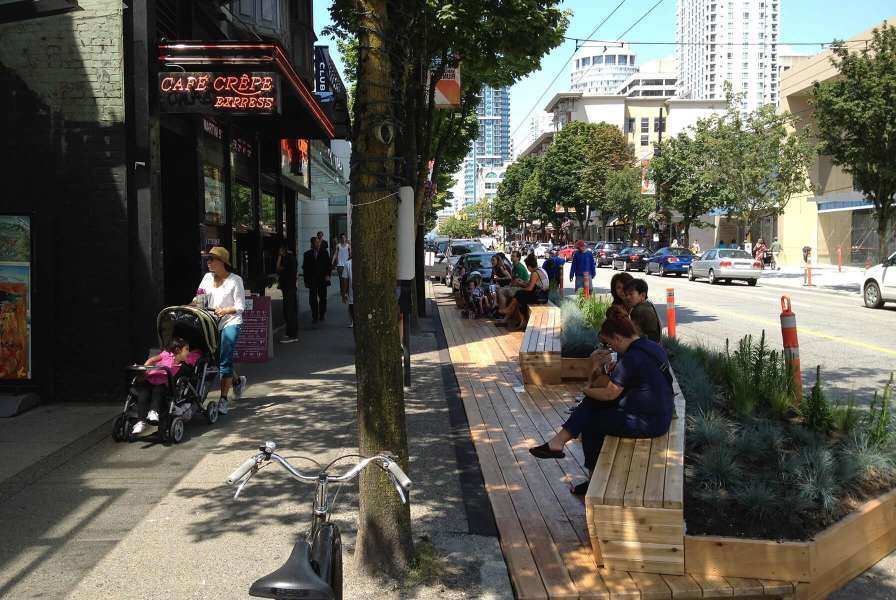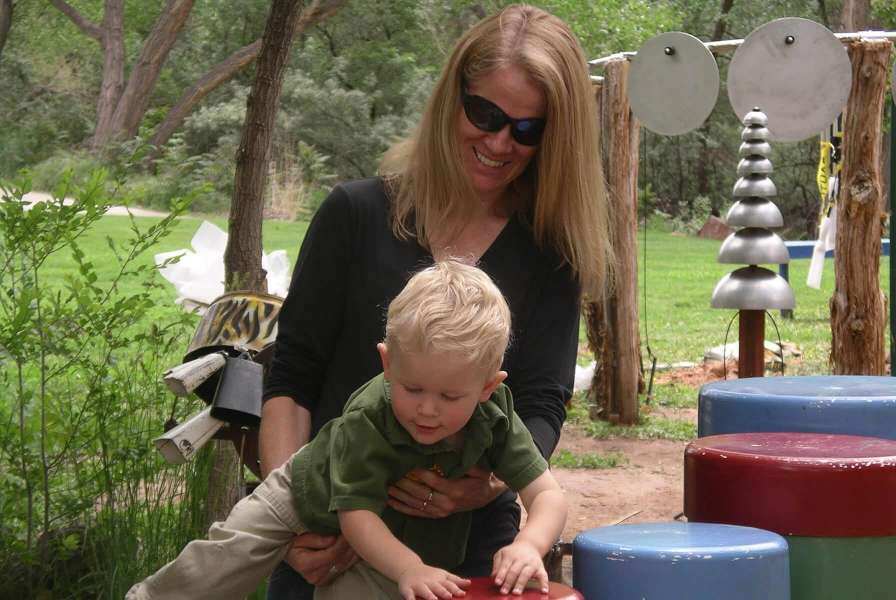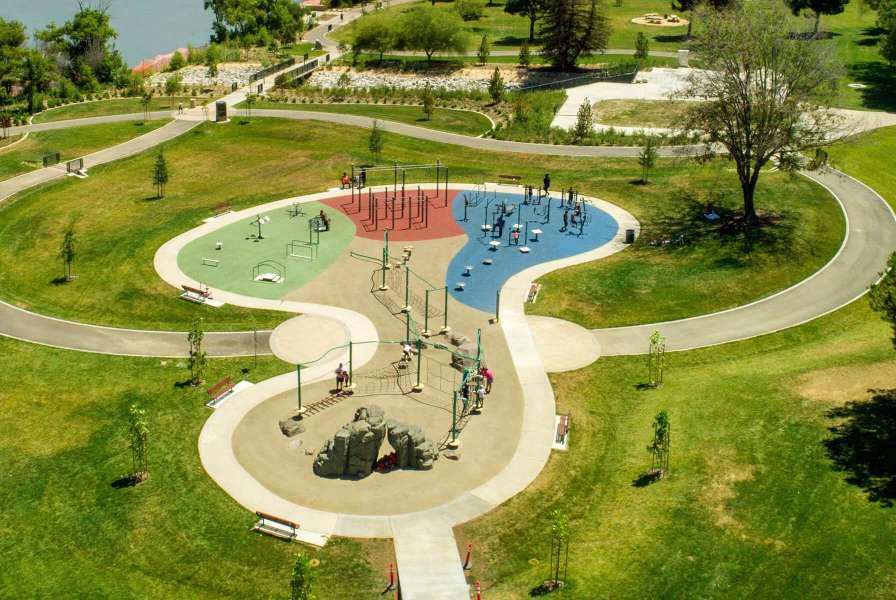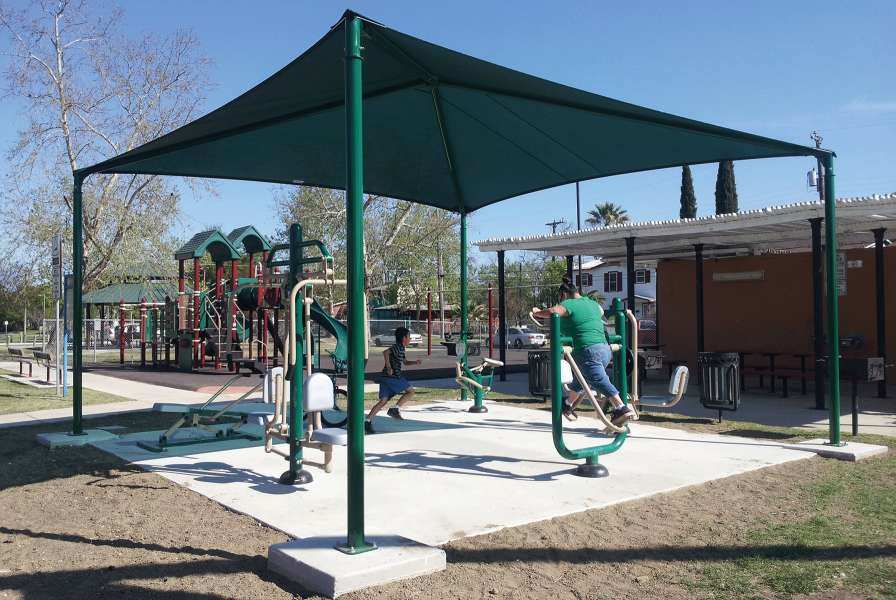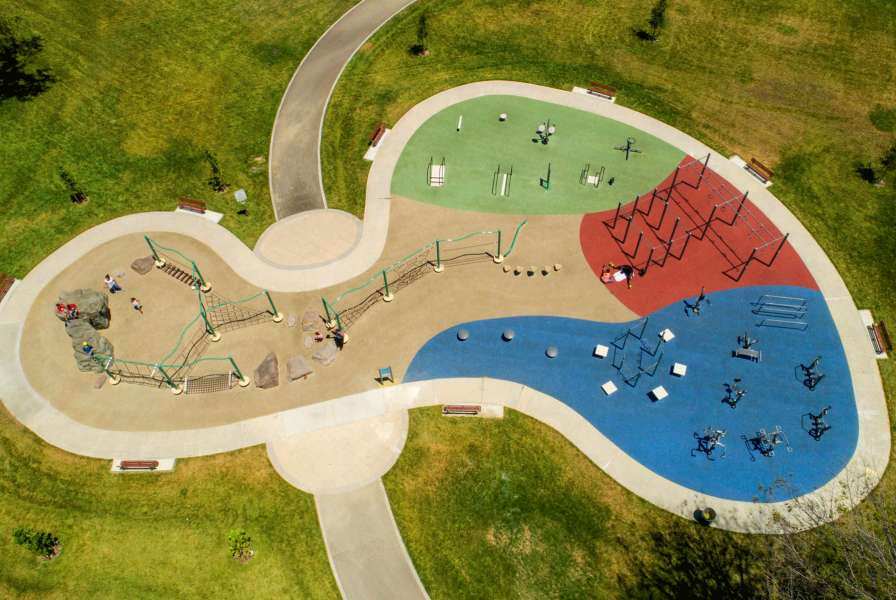Outdoor Chattanooga is a unique division within the Economic and Community Development Department of Chattanooga. Established in 2004 through an initiative aimed at promoting outdoor recreation as a healthy, signature lifestyle for Chattanooga's residents and visitors, it has led to tremendous growth in the region's economy through promotion of the city's natural and built resources.
For over a decade, Chattanooga has successfully implemented several public-private partnerships to create and fund progressive programs like Bike Chattanooga. Introduced in 2012, Bike Chattanooga provides easy access to bike rentals at 37 self-pay stations located throughout downtown and the Tennessee Riverwalk (a 13 mile non-motorized pathway along the Tennessee River) providing alternative commute and recreate within the city.
Like many cities, Chattanooga, and traffic congestion is growing rapidly. Cycling helps ease congestion and promotes health. Increased use of the Bike Share system, and of people utilizing their own bikes, spurred more trail development and bicycle infrastructure. While the Bike Share system has provided some success in reducing traffic congestion, it also created a need for bicycle education and awareness.
Outdoor Chattanooga serves this need by offering free educational and entry level programs like Learn to Ride a Bicycle and Bike Commuting 101 as a way to reduce user conflict, increase awareness of cycling laws, create confident riders, and spur economic growth. Classes are taught by League of American Bicyclists Certified Instrcutors. In 2016, Outdoor Chattanooga served 558 participants in these two programs alone. The Learn to Ride a Bike program reaches 5 to 85 year olds and a 98% success rate.
More examples of Chattanooga's successful public-private partnerships can be found in the extensive mountain bike trail systems within an hour's drive of the city. Over the past decade, SORBA Chattanooga has partnered with the Tennessee Valley Authority, County, State, and National Parks to build and maintain miles of premium trails. As a result, Chattanooga has become a popular mountain biking destination in the Southeast.
To serve interested new riders, Outdoor Chattanooga began an intro to mountain biking course in 2016. Two hours of instruction in a controlled setting, along with use of equipment, help eliminate the barrier of buying equipment just to try the activity. The course covers basic trailside etiquette, and how to access trails, clubs and bike shops if participants want to continue riding. Many participants gain confidence to become trail riders, others don't, but they didn't have to make a large investment before coming to that conclusion.
In addition, Outdoor Chattanooga offers unique tours to further educate the public and increase usership by highlighting trail systems and trail connectivity with the city, while eliminating the need to own equipment. For instance, the Mountain to Town Downhill Mountain Bike Adventure provides a guided tour from the top of Lookout Mountain on gravel trails to the paved Tennessee River Walk and into downtown Chattanooga. Mountain bikes and helmets are provided to participants.
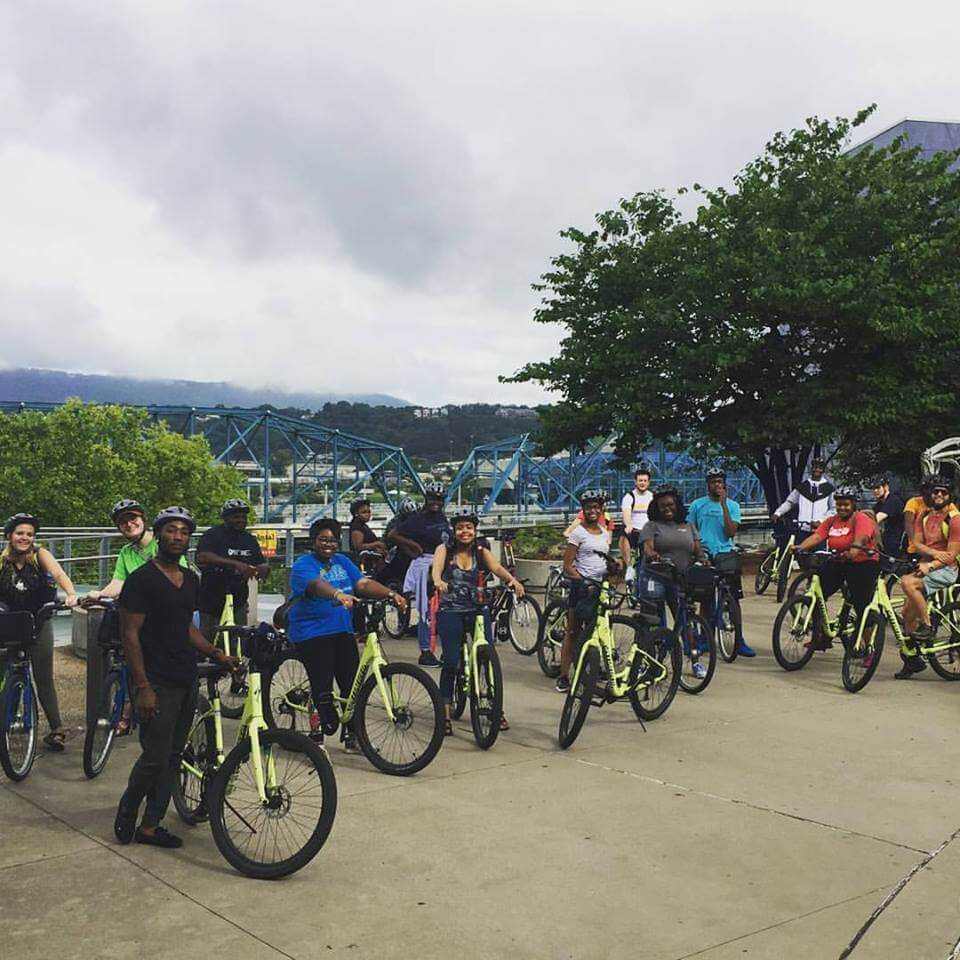
Other non-profit organizations like On My Own 2 Feet and Wheels utilize the free Outdoor Chattanooga programs to help the homeless community improve their fitness, health, and overall happiness by participating in their running and/or cycling program. More importantly, this provides resources and mentoring intended to change lifestyles that lead to employment, housing and independence; which instills confidence through achievement.
In March, 2017, On My Own 2 Feet and Wheels added bicycles to their already established running program as many of the target population had physical limitations that made running difficult or impossible. With this addition, the program expanded its impact through fitness, and by providing an affordable means of transportation, a common challenge for those experiencing homelessness. Through donations, each graduate of the bike program receives a new bicycle, helmet, and high quality bike lock. A total of 20 participants were involved in the inaugural program, nine of which graduated and earned a new bike and a sense of independence.
All these examples demonstrate the success that public-private partnerships can have in growth, economy, and positive social and physical impact. It's one of the many reasons why Chattanooga is a great place to live and play and was named Best Town Ever by Outside Magazine in 2011 and 2015. To learn more, visit outdoorchattanooga.com or any of the websites associated with the great organizations listed in this study.
"When we started [On My Own 2 Feet] program, we thought we would be successful if we could help one person per year; We have already exceeded that. One of our participants got a job, and we feel like we played a small part of that. In other cases. we are working to help others to stop smoking cigarettes. Sometimes it's about baby steps."
-Robert Gustafson, Founder On My Own 2 Feet
This case study and other bike-related case studies can be found in our Shift Into Gear® guidebook.
